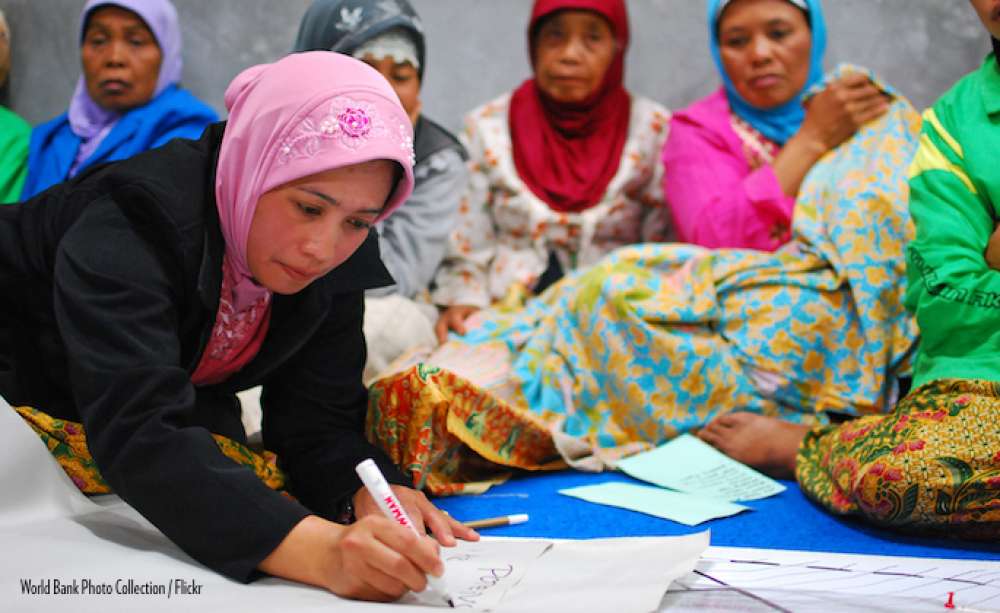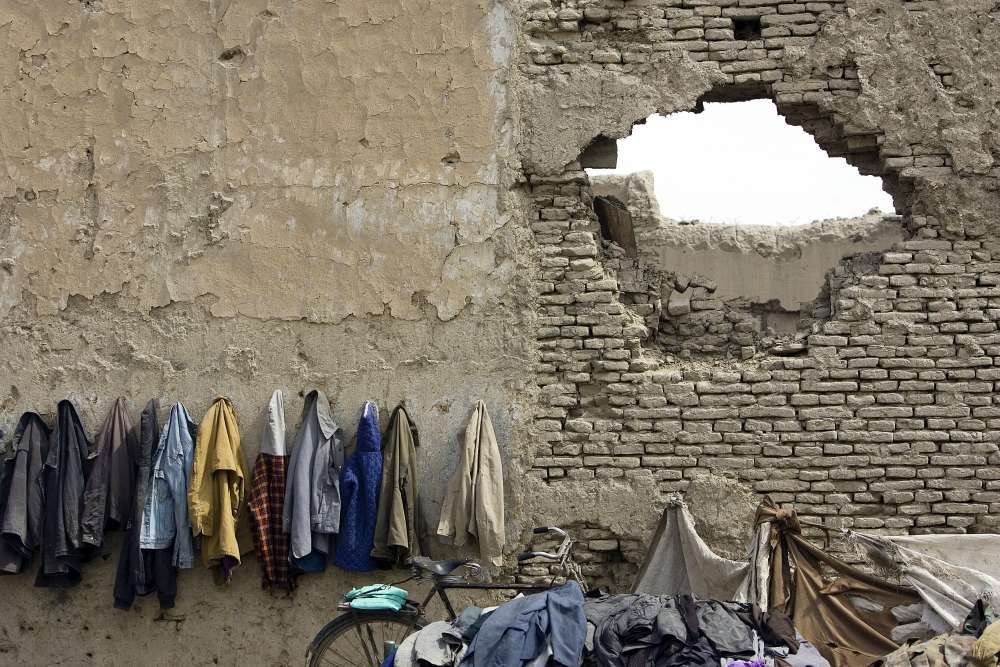The Roles of Civil Society in Localizing the Sustainable Development Goals

Introduction
The Sustainable Development Goals (SDGs), which came into effect in January 2016, are a new, universal set of economic, social and environmental goals and targets that United Nations (UN) member states are expected to achieve by 2030. The SDGs build and expand on the eight Millennium Development Goals (MDGs) by focusing on critical dimensions of sustainable development in both developing and developed countries, including human rights obligations, good governance, social justice, equity within countries, sustainability (particularly environmental sustainability), vulnerability and the exclusion of marginal populations and the poorest of the poor. Like the MDGs, the SDGs will not be legally binding; they represent a political commitment to development by all UN member states. Ultimately, these universal goals are expected to create a benchmark that ensures the balancing of economic development and global environmental goals with poverty reduction objectives.
Until now, the debates surrounding the SDGs have mainly concerned the setting of goals and indicators. Less attention has been paid to discussing the roles and responsibilities that different stakeholders should take in achieving these goals – in particular, how to best implement this universal framework at the local level. Given the scope and ambition of the SDGs, it is clear that governments alone cannot achieve the agenda. They must also facilitate participation of all sectors of society, including civil society organizations (CSOs), the private sector and the general public at the local level. This “localization” calls for an inclusive approach that utilizes local knowledge to tailor the ambitious global-development agenda to specific local circumstances.
Localization is defined as “the process of defining, implementing and monitoring strategies at the local level for achieving global, national and subnational sustainable development targets. It involves various concrete mechanisms, tools, innovations, platforms and processes to effectively translate the development agenda into results at the local level”. In other words, localization is the local implementation of the new set of goals and the monitoring of progress at the sub-national level. Localization should be conceptualised in a holistic manner and include civil society, local governments at the frontline of development, traditional leaders, religious organizations, the private sector, citizens and other parties.
The inclusion of CSOs in these processes is imperative, for these actors play crucial roles in society as agents of accountability and service delivery. In the African context, the inclusion of CSOs is important because governance throughout the continent is described as being “bad” and of low quality, whilst not enough effective institutional spaces have been created by governments to allow CSOs to engage with and act on global development issues. An examination of MDG-related implementation practices in South Africa revealed that CSOs played a critical role in advancing these goals by effectively articulating the needs and aspirations of the poor, fulfilling critical service-delivery gaps and promoting “good” governance practices. Therefore, it is essential to unravel the potential roles of CSOs in the effective implementation of the SDGs as well as to enhance their engagement, impact and effectiveness in global development processes.
…







